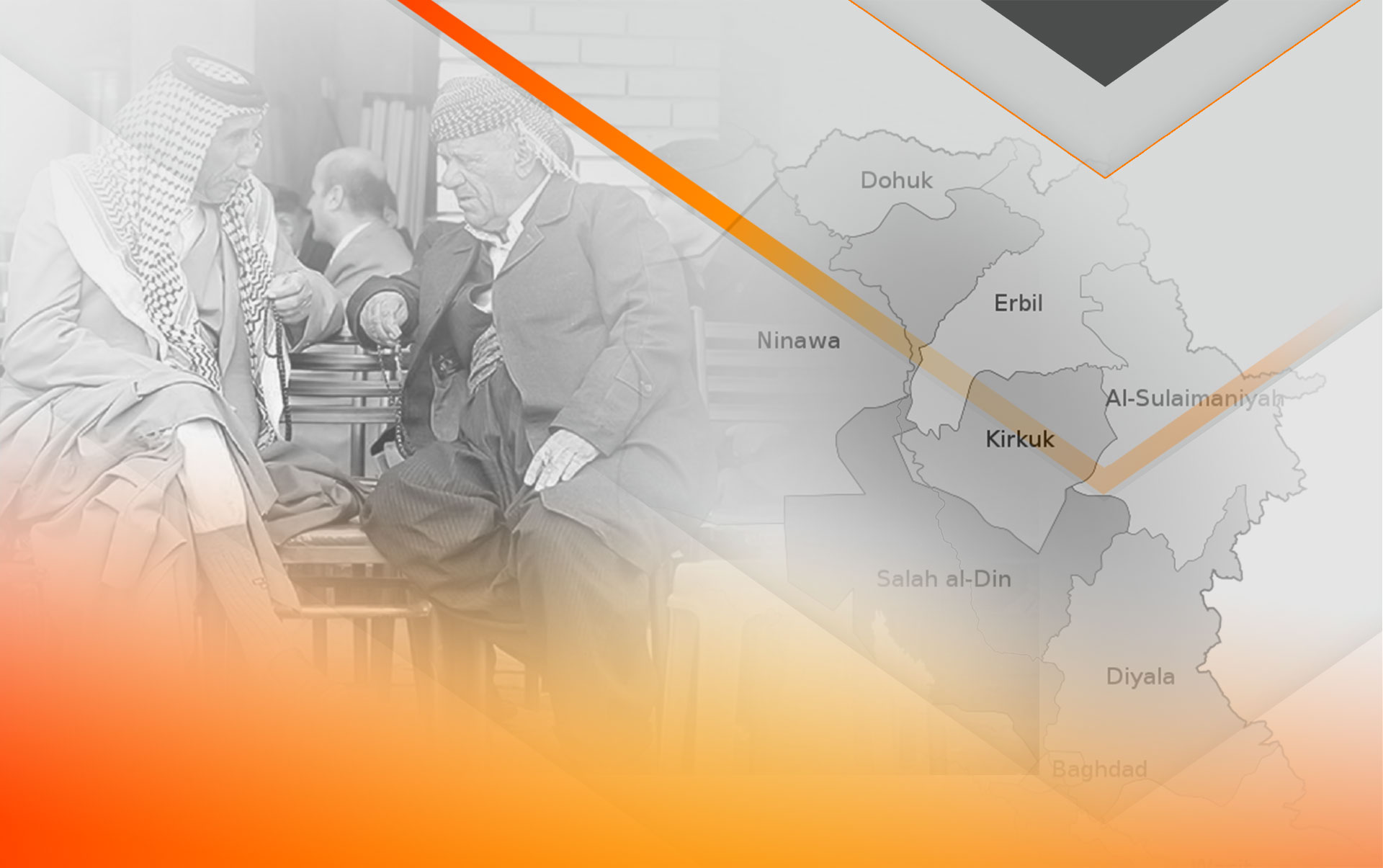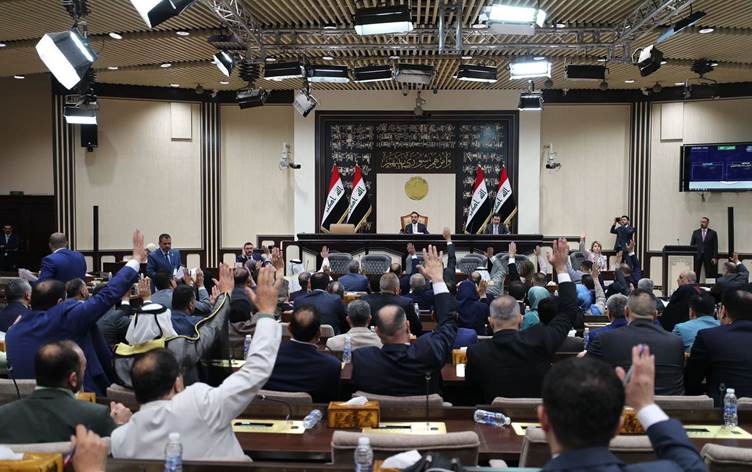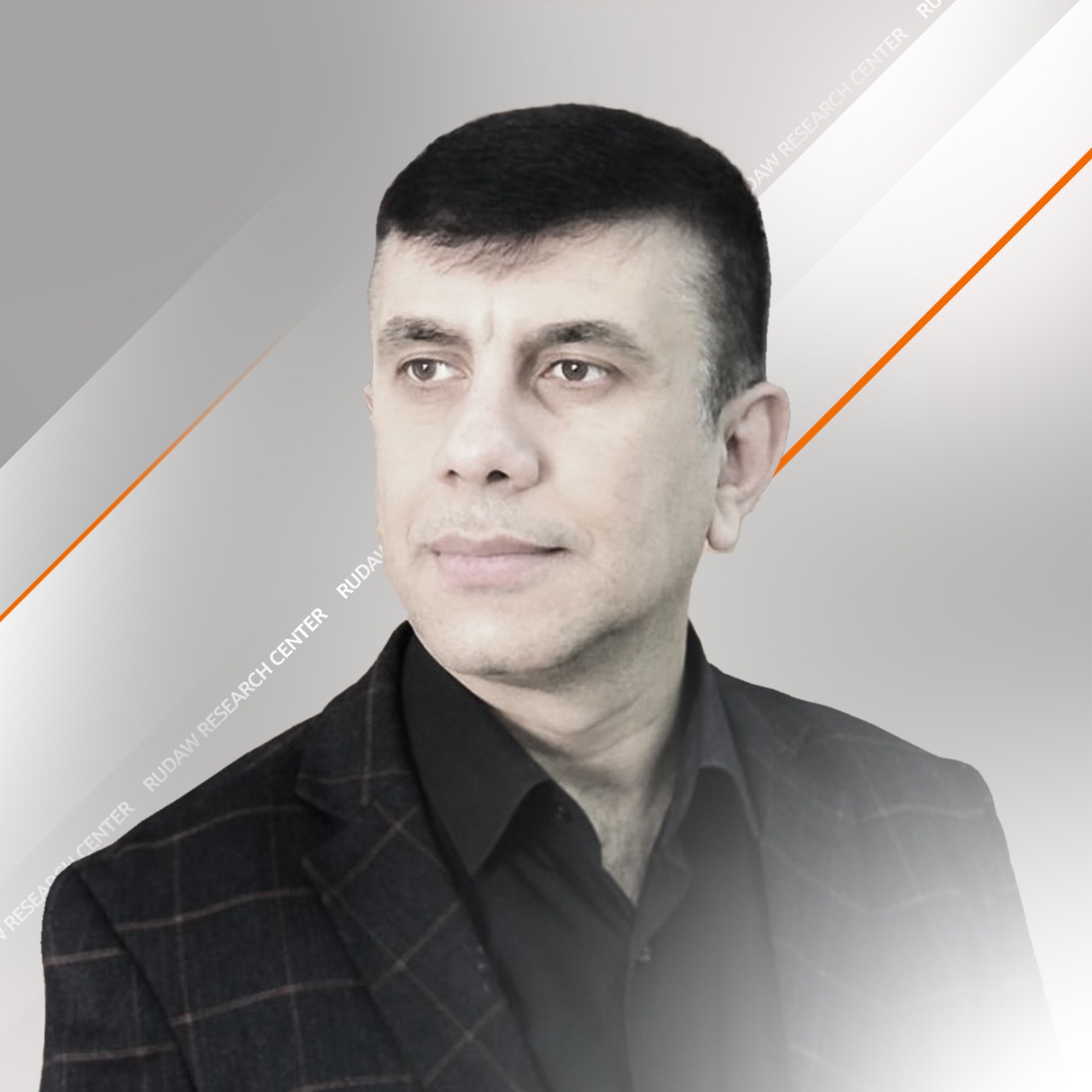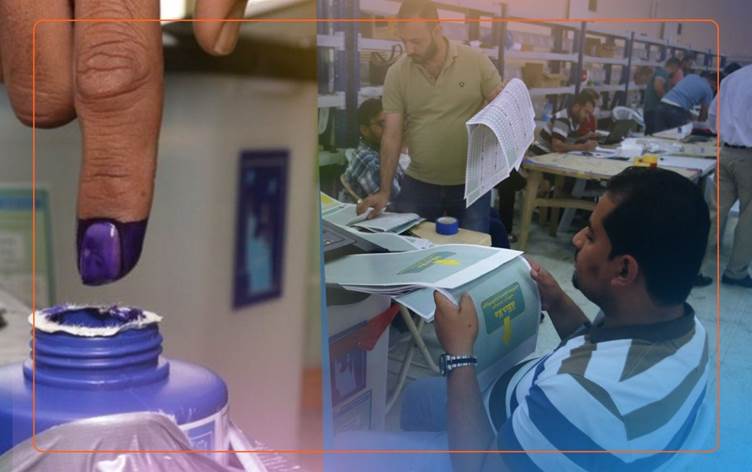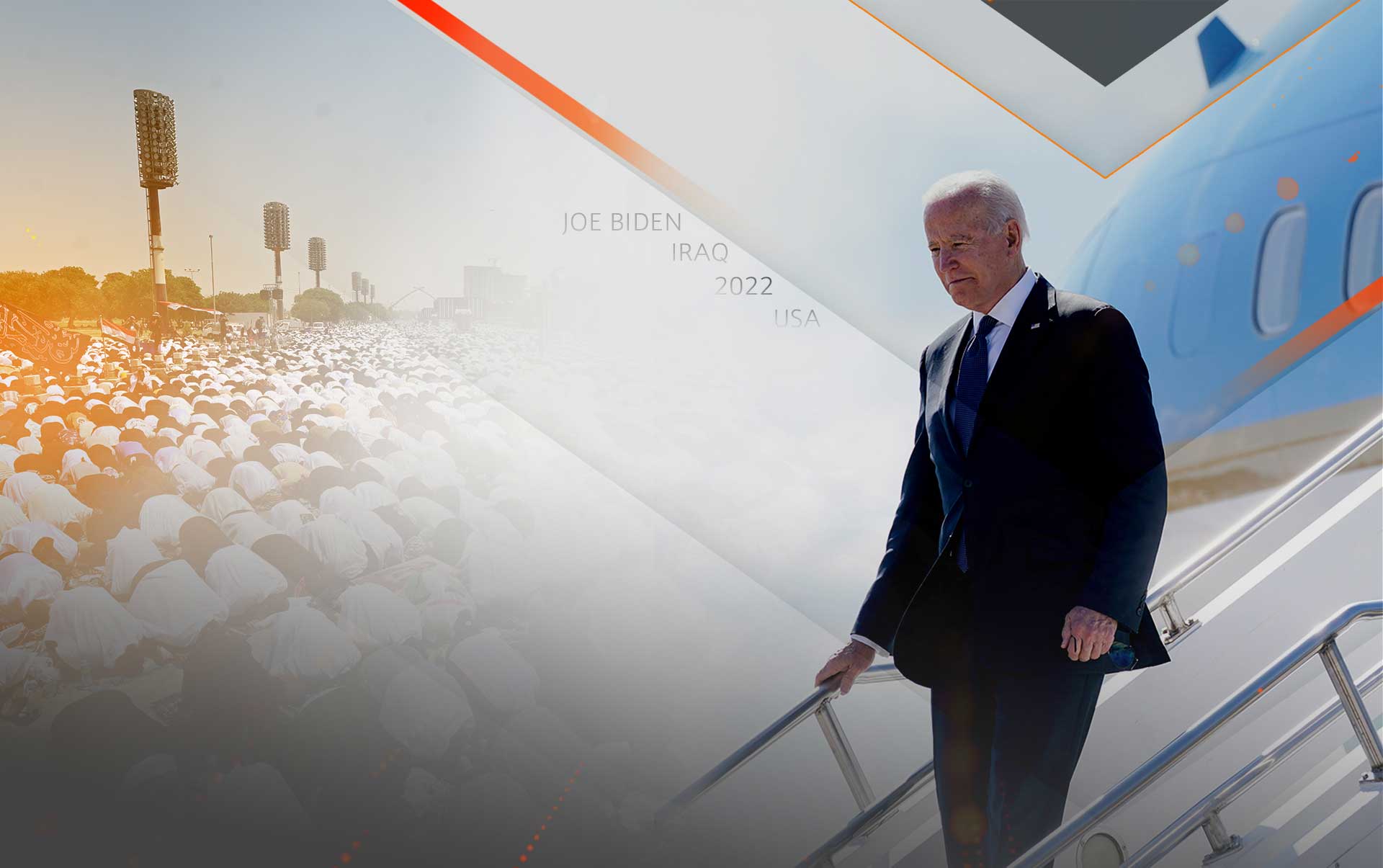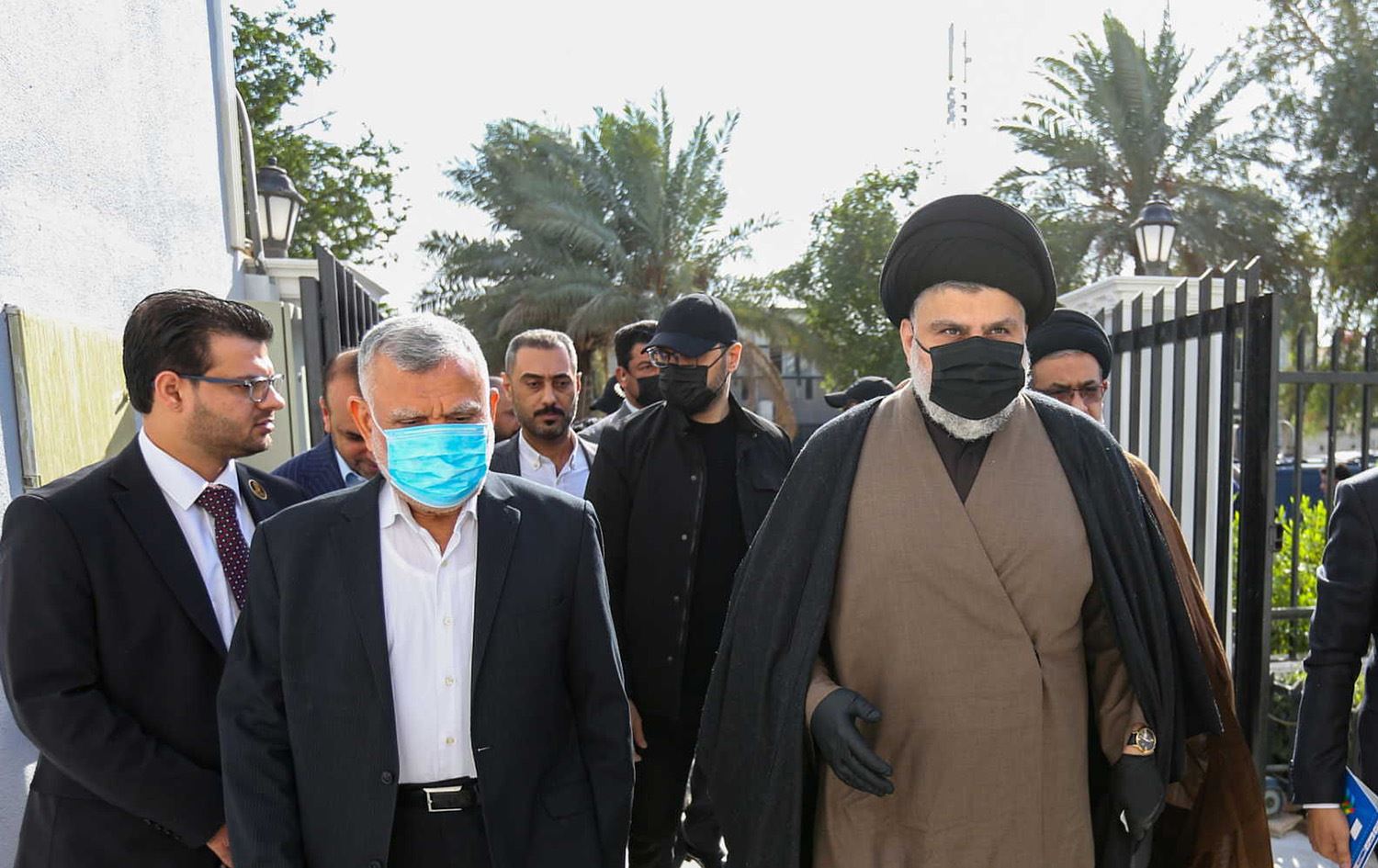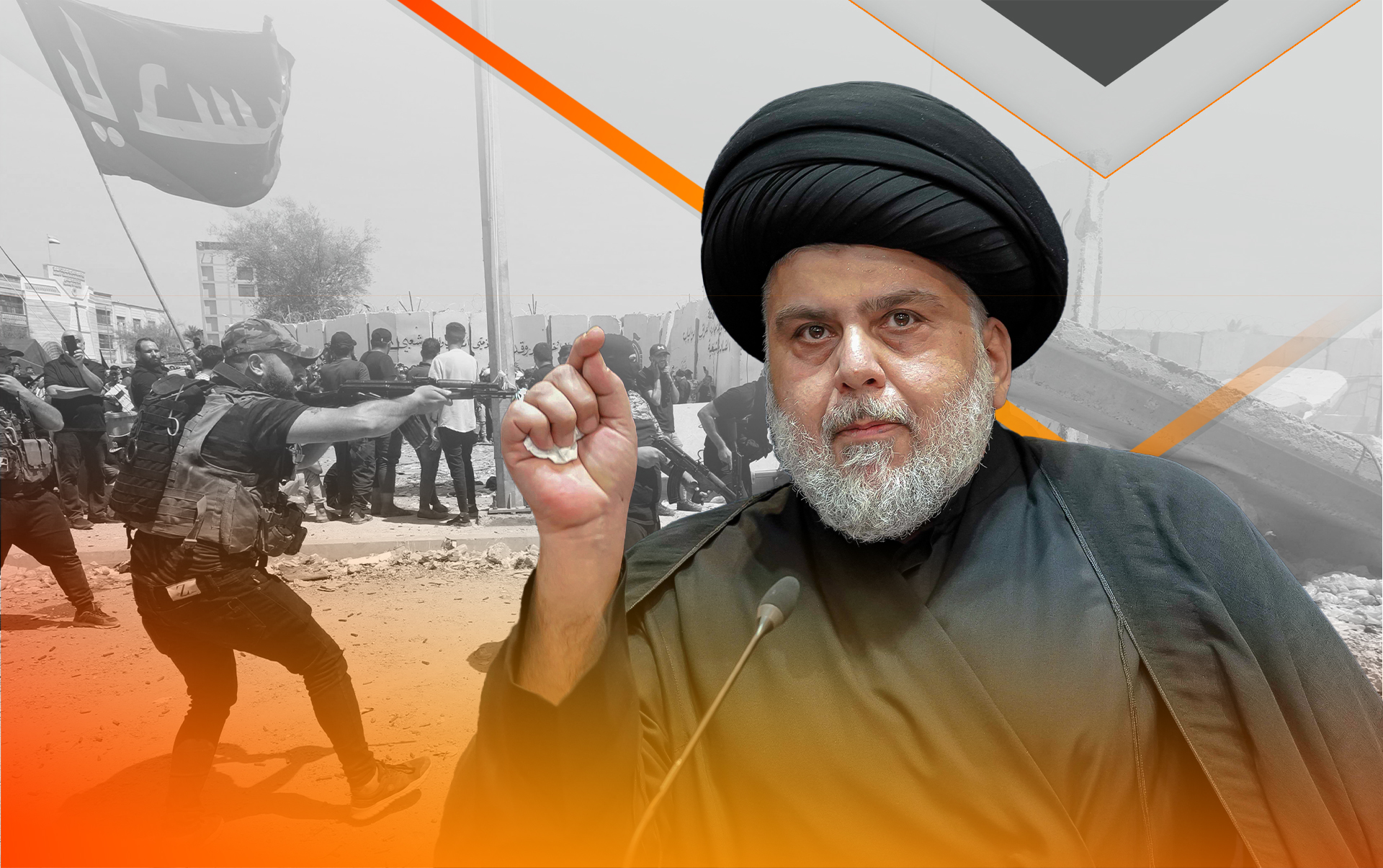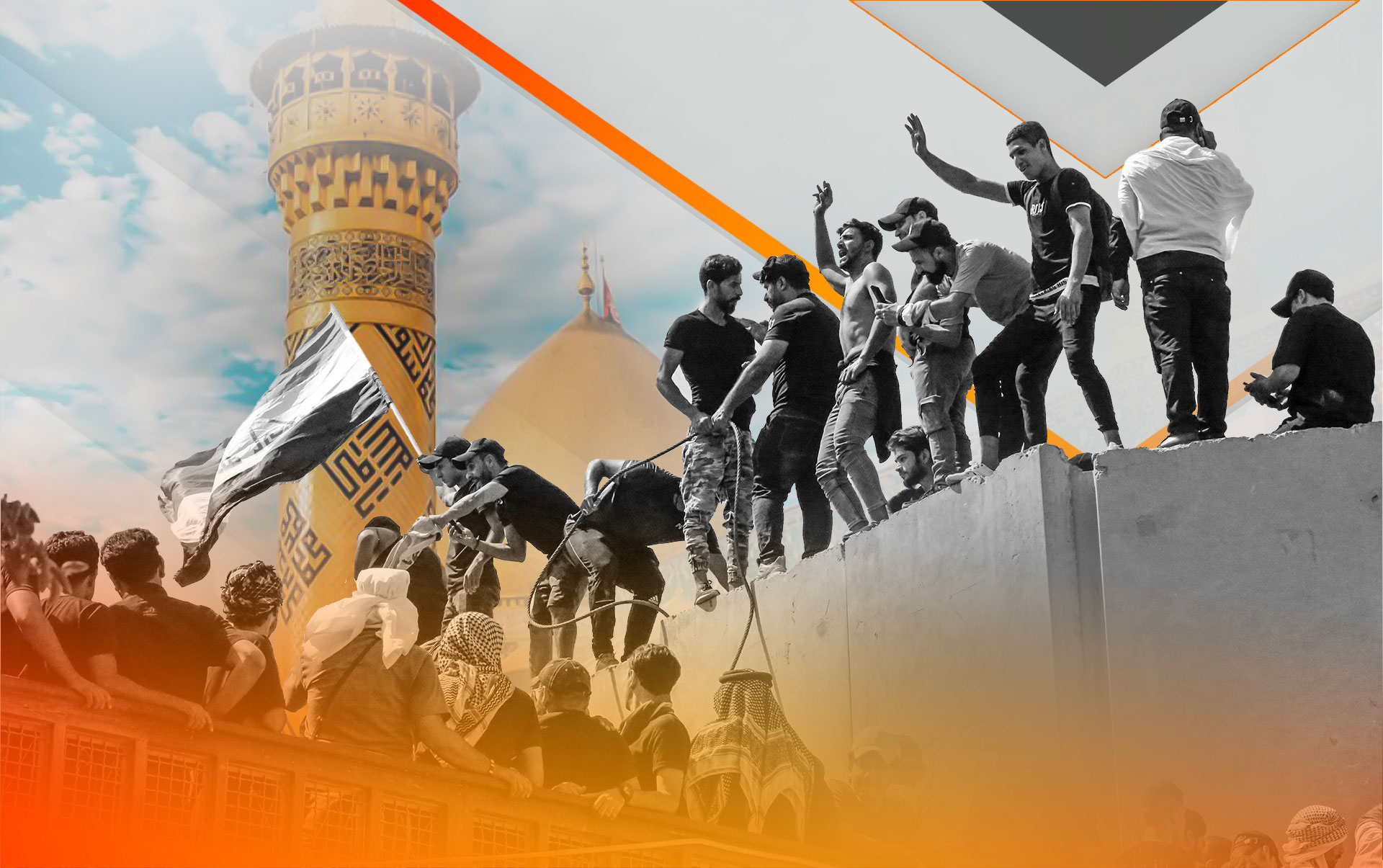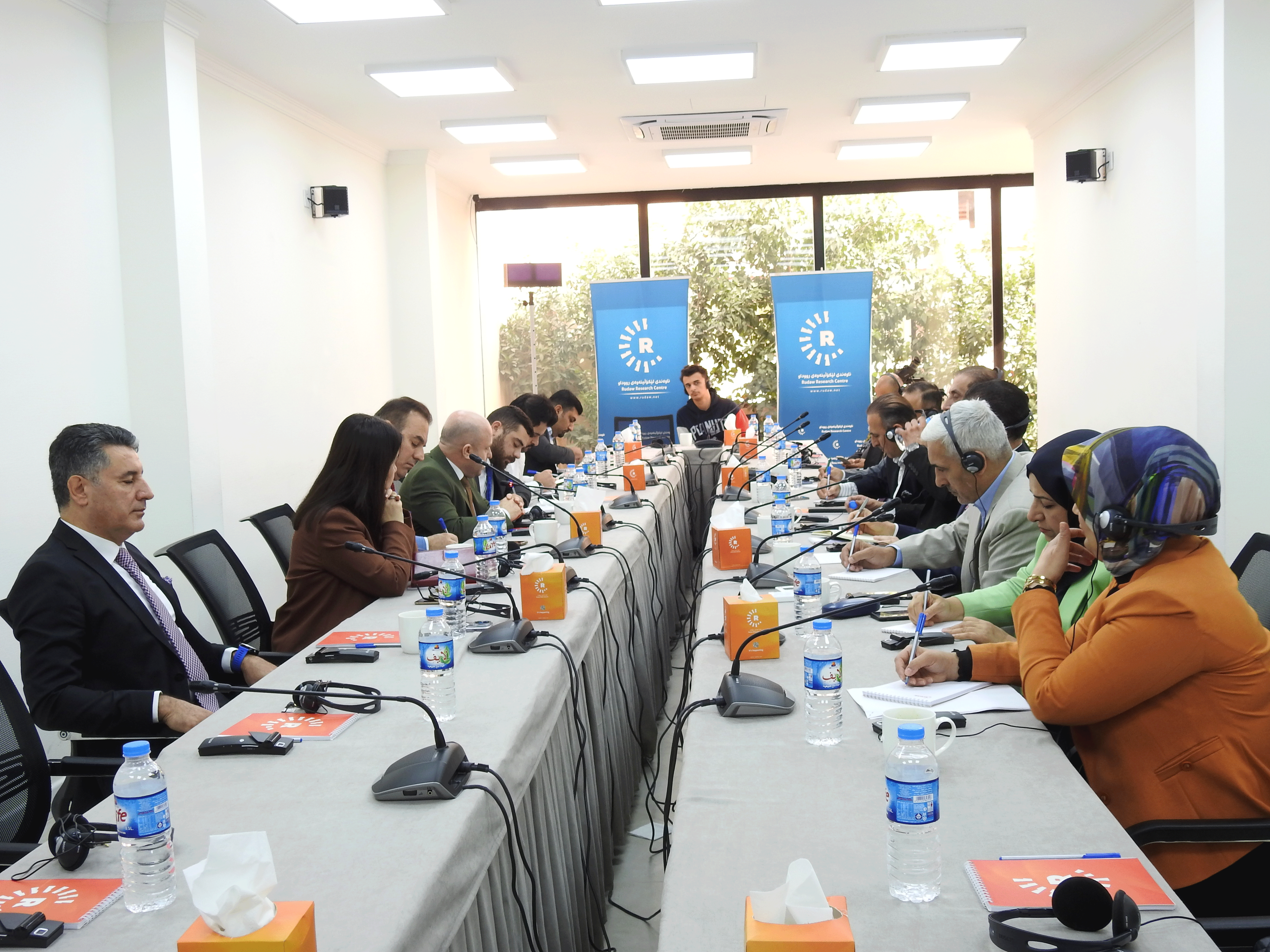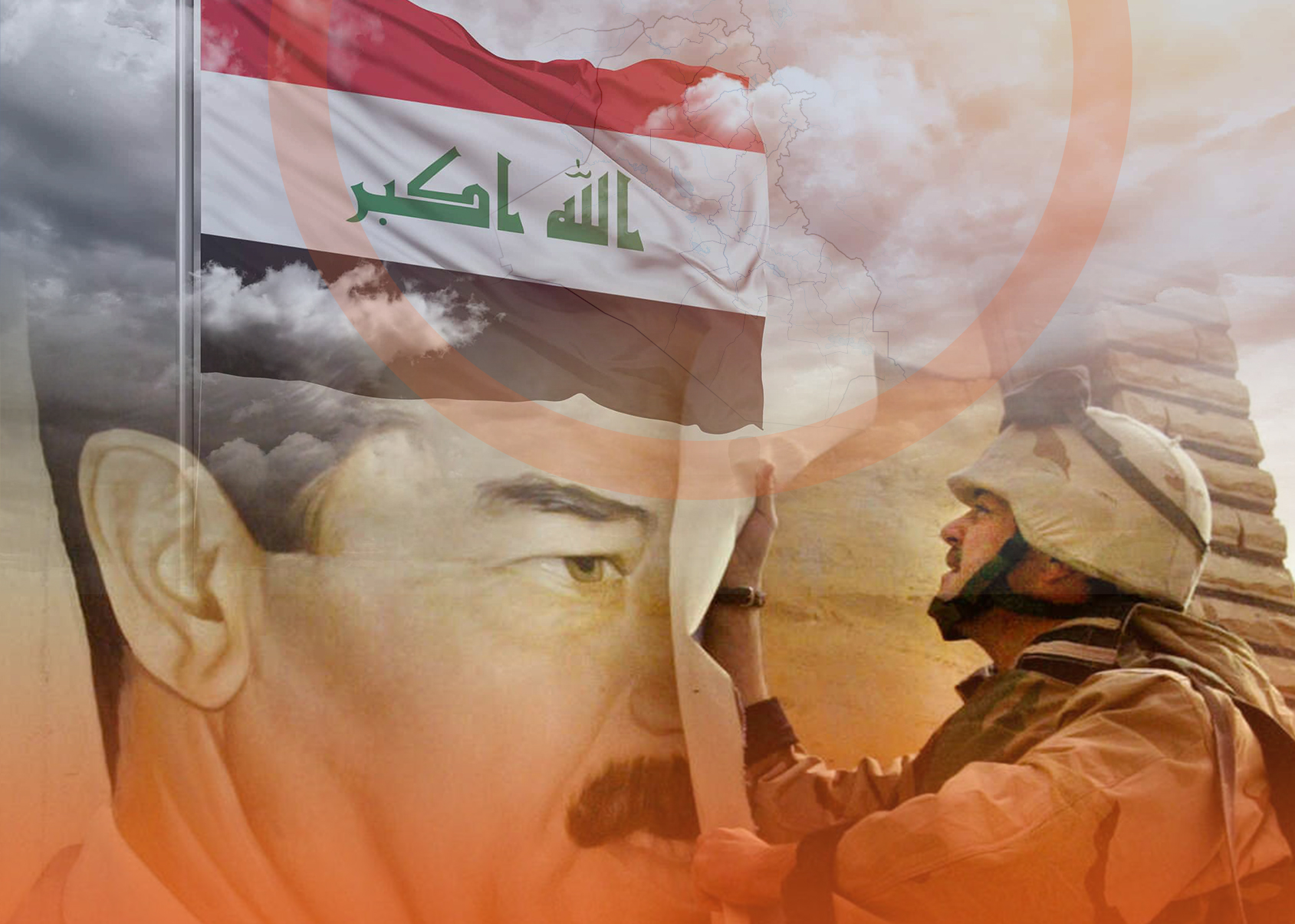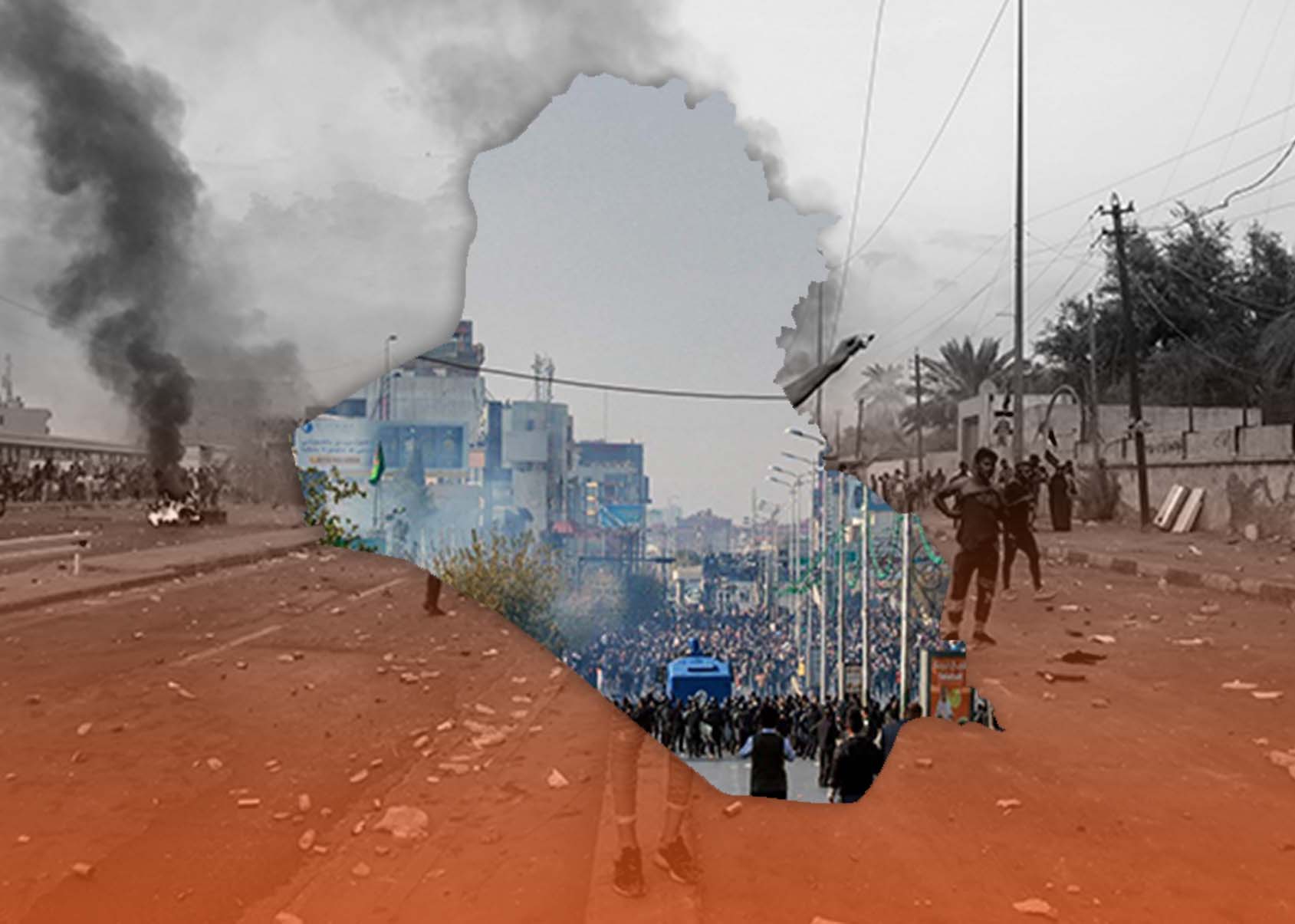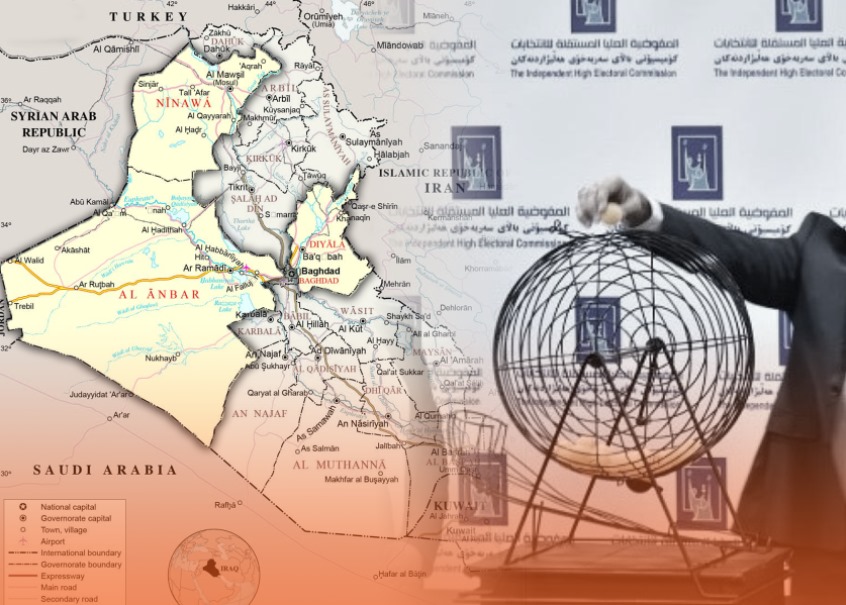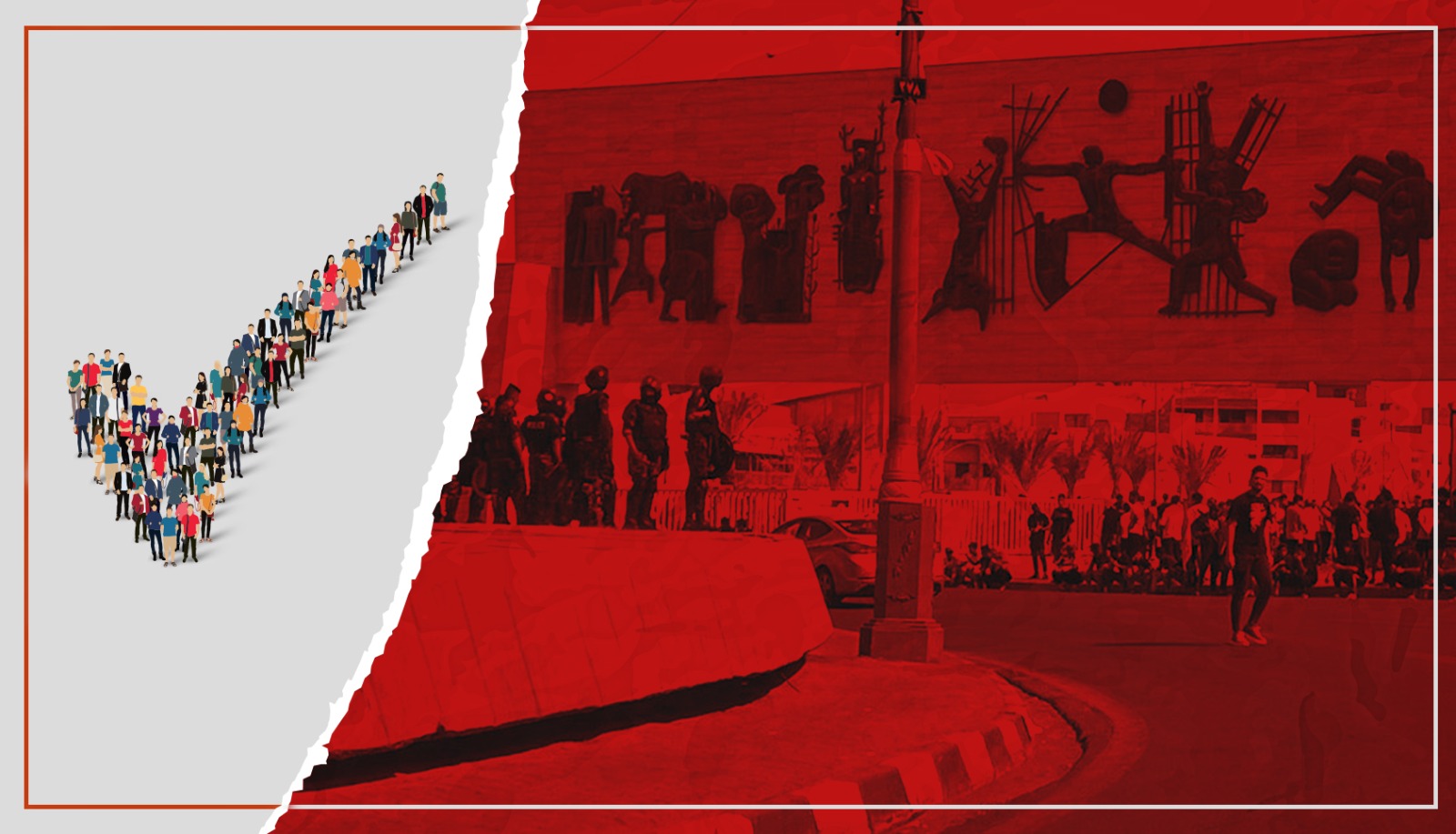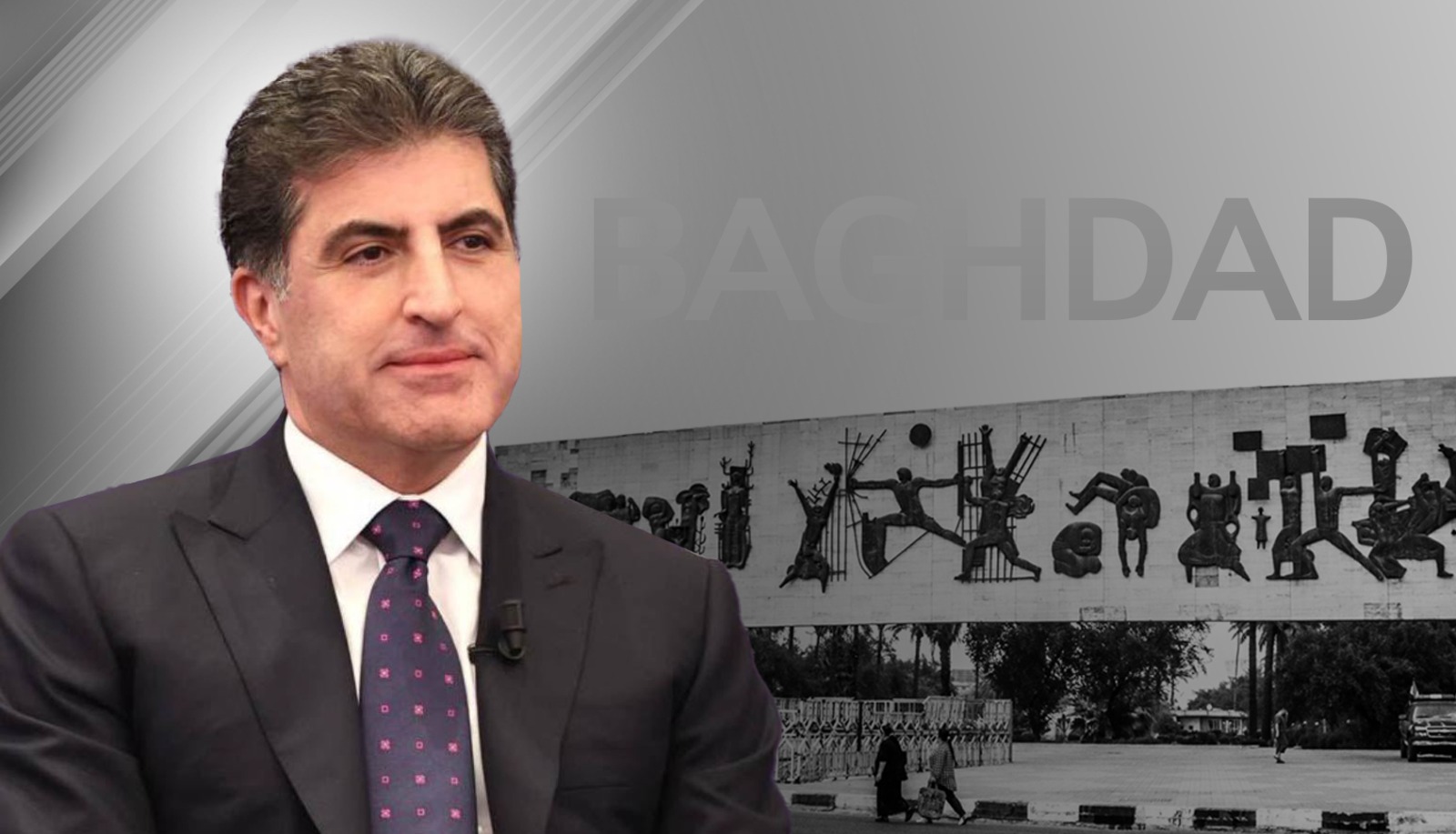From the 1990s onwards, a number of countries across South America, Africa and the former USSR transitioning from authoritarian towards democratic rule and/or recovering from prolonged intrastate conflict have pursued reconciliation projects.
The early elections on October 10th 2021 is for the fifth term of Iraqi parliament, but from now eyes are intensifying on the position of next Prime Minister which will get confidence from parliament and to decide on these talks there are some likely scenarios to form future Iraqi government.
The Iraqi early elections finally took place, but as it was expected after a day of silence the political blocs started to protest and reject early results, and the likely scenarios and talks to form next cabinet may take longer time.
Al-Sadr’s prayer and Biden’s visit to the Middle East are two important events of the past days that could chart the way of forming the next Iraqi government. Al-Sadr’s prayer determined the future steps for forming the government and affected the entire political process in Iraq. While Biden’s visit and the results of this visit will affect Iran’s presence in Iraq and the region, as Iran is the closest foreign country to the coordination framework that aspires to form the new Iraqi government.
After Al-Sadr withdrawal from Parliament in June 2022, the Shiite coordination framework acted as if their prominent opponent had surrendered and left the ground for them.
A speech from Al-Sadr was enough to end the confrontations between members and supporters of the Sadrist Movement with some armed Shiite groups. After the announced “retirement”, this step was a strong return for Al-Sadr
Many people are monitoring what will change in Iraqi politics or the internal Shiite conflict after the ceremonies of the “Arbaeen” of Imam Hussein. Even if there was consensus among the politicians and the government was formed or an escalation such as the one we witnessed before Ashura occurs again, the conflict and competition within the Shiite component will continue for several years and will remain an essential element in the region's politics.
The RRC, in collaboration with Yarmouk Center for Strategic Studies and Planning organized a workshop on Kurdish-Sunni relations
Twenty years ago, the United States declared war on Iraq. A war that would turn into a military quagmire and a resounding political failure. Adel Bakawan, director of the French Research Centre on Iraq, looks back at the events that led to the American invasion and its consequences for the Iraqi political system. Since then, the country has been struggling to maintain its territorial, societal and state unity, as demonstrated by the recent elections and the new political alliances.
On October 1st 2019, a protest, unprecedented in its nature and its magnitude, shook Iraq. The ruling elite, in a state of generalized panic, adopted a strategy of repression, just as unprecedented, at least since 2003.
In the upcoming provincial council elections, a significant development unfolds as the formidable Al-Hassm al-Watani coalition ( National Coalition), one of Iraq's largest political fronts, enters the competition in Sunni provinces, contending against three other major fronts. Notably, the leading contender is Speaker Mohammed Al-Halbousi's list, known as "Taqaddum."
The upcoming December 18, 2023, provincial elections pose a crucial choice for the new Iraqi civilian forces aligning with the October 2019 demonstrations. It's a dilemma between potential further decline or the chance to secure a popular base and influence within local councils. Success in these elections could pave the way for increased support in the 2025 parliamentary elections, while failure might have the opposite effect.
Following the visit of the Kurdistan Region's president, a noteworthy development emerged as the Iraqi Council of Ministers opted to allocate a portion of the budget for the Kurdistan Regional Government. While the issue of the budget between Baghdad and the Kurdistan Region may persist, especially amid the ongoing crisis, there exist compelling reasons to explore at least a moderate solution at this juncture.

